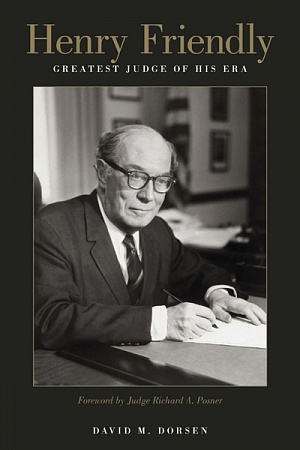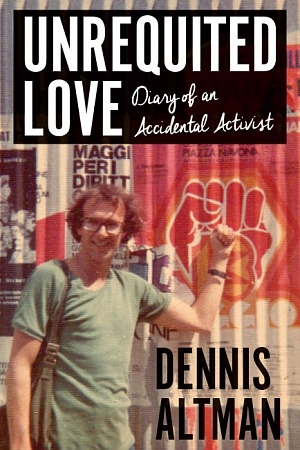The House That Jack Built: Jack Mundey, Green Bans hero
NewSouth $49.99 pb, 376 pp, 9781742235011
The House That Jack Built: Jack Mundey, Green Bans hero by James Colman
The term 'green ban', first used in 1973, is so much part of our political vocabulary that we forget it has a specific and Australian genesis, which had considerable influence on the Greens movement internationally. In 1970 the Builders Labourers Federation (BLF), under Jack Mundey's leadership, refused to take part in a proposed redevelopment of an area of bushland, known as Kelly's Bush on the foreshores of the Parramatta River. Over the following couple of years, the BLF played a crucial role in blocking 'developments' which would have destroyed large areas of nineteenth-century Sydney. Mundey became a national figure as part of a rapidly growing recognition of the importance of urban heritage. In Sydney, the BLF played a major role in safe-guarding the character of the Rocks, Woolloomooloo, and Centennial Park. The last campaign brought writer Patrick White into an alliance with Mundey that is commemorated in White's play Big Toys (1977).
Sometimes the campaigns to save heritage became major political issues, as in the battle for Victoria Street, the surprisingly quiet street running from Woolloomooloo to Kings Cross. For a few days in 1974 a number of residents engaged in 'the siege of Victoria Street', which became a major media story the following year when one of their more prominent supporters, journalist Juanita Nielsen, disappeared in mysterious circumstances.
Continue reading for only $10 per month. Subscribe and gain full access to Australian Book Review. Already a subscriber? Sign in. If you need assistance, feel free to contact us.











Leave a comment
If you are an ABR subscriber, you will need to sign in to post a comment.
If you have forgotten your sign in details, or if you receive an error message when trying to submit your comment, please email your comment (and the name of the article to which it relates) to ABR Comments. We will review your comment and, subject to approval, we will post it under your name.
Please note that all comments must be approved by ABR and comply with our Terms & Conditions.